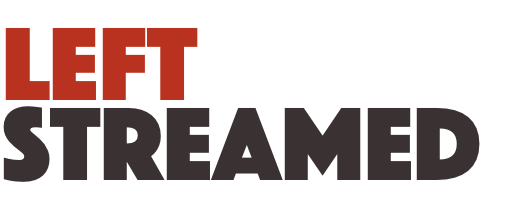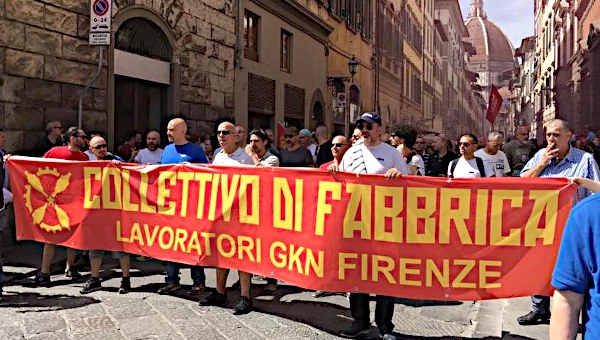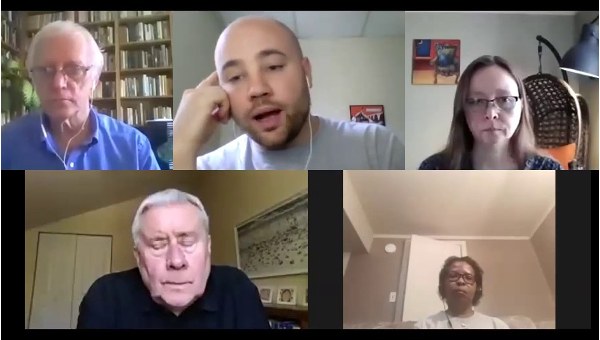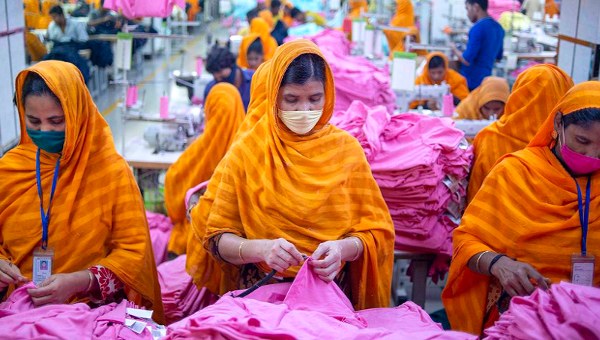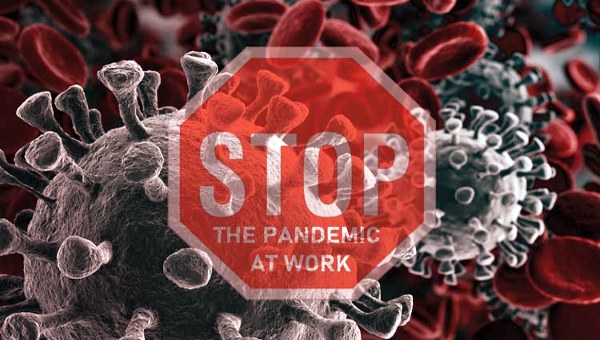A New Lucas Plan for Post-Pandemic Socially Useful Jobs?
Online forum on how worker-led industrial conversion can deal with the coronavirus pandemic as a model for the future. Watch video »
The public health crisis caused by the COVID-19 pandemic has put into sharp focus the precarious nature of work and human lives upon which our neoliberal capitalist economies thrive. On the other hand, it has shown what type of work is essential to society such as work in health and social care, public transport and other public services, and in the food supply chain.
To ensure capital survives, the government has found a ‘magic money tree’ to stimulate the economy. Companies in the aerospace and defence sector are being called upon to repurpose their production lines for socially needed products such as ventilators or PPE. Meanwhile, workers in some industries are already calling for conversion of their companies to produce socially useful products.
In a few weeks, many things we were told were not possible, have become just that – possible. Many, even in the mainstream, say there will be no return to ‘normal’ after the pandemic is dealt with. We believe more radical changes are needed, and that socially useful production is the key idea for the future.
This webinar discusses how we can learn from the Covid crisis to create workers and community plans for social and ecologically useful production as a way to address the pre-existing multiple crises of militarization, climate change, and robotization.
Moderated by Sam Mason. Speakers include:
- Phil Asquith – former Lucas Aerospace Shop Stewards Combine member.
- Hilary Wainwright – founding editor Red Pepper, co-author, with Dave Elliott of The Lucas Plan: a new trade unionism in the making, fellow of the Transnational Institute.
- Rebecca Keetch from Green Jobs Oshawa in Canada on their call to repurpose the former General Motors car plant to a public manufacturing facility.
For more information on the Lucas Plan, see lucasplan.org.uk.
Recorded online, 13 May 2020.

